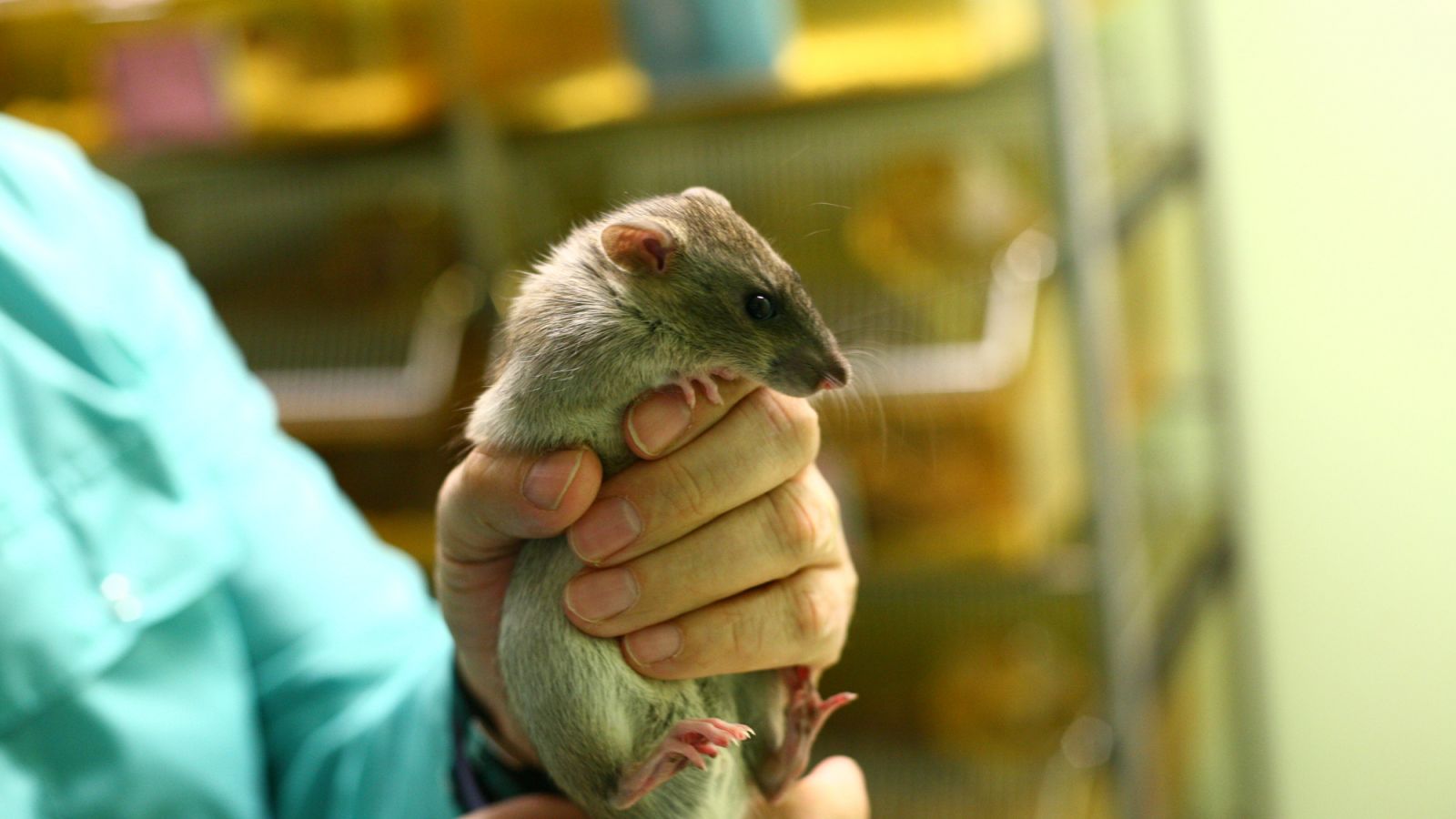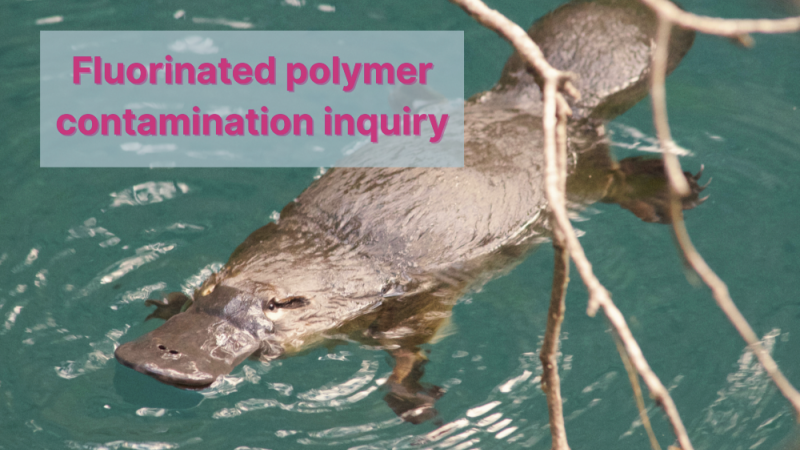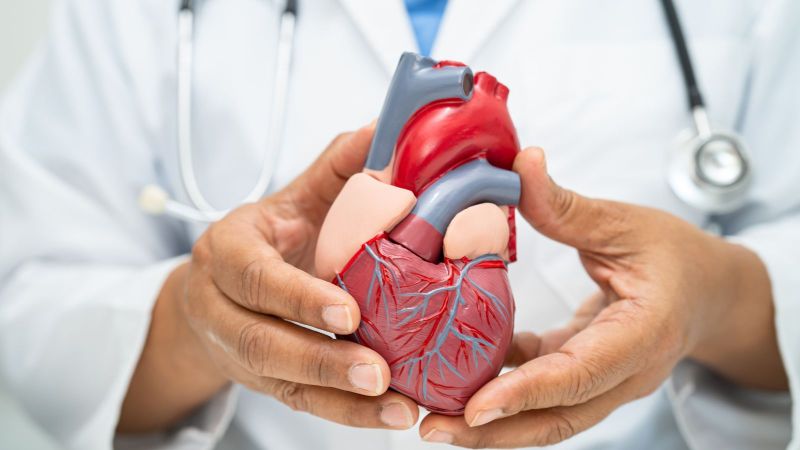The Government has today outlined its plans to promote the reduction, replacement and refinement of animals in UK research. In the Delivery Plan, entitled "Working to Reduce the use of Animals in Scientific Research", the Coalition also outlined the vital role that animal research has played and will continue to play in UK science.
Among a series of initiatives to boost uptake of the 3Rs within UK research institutions, the Government further demonstrated its commitment by increasing funding for the National Centre for the Reduction, Refinement and Replacement of Animals in Research (NC3Rs) from £5.3 million (2010/2011) to just over £8 million in 2014/15.
The NHS is noted as one of the primary beneficiaries of animal research in the UK, through the licensing of new medicines, the development of vaccines and the control of infectious diseases. Sharing of key resources and data between academia and industry, and targeting more severe animal procedures by recording the ‘actual’ severity are also identified as key objectives. The Rt. Hon. David Willetts MP, Minister of State for Universities and Science, explained that the UK is a world leader in science, and also showed the greatest concern for the welfare of research animals, noting that “we only use animals when there is no alternative.”
Through the Delivery Plan the Government will be “actively supporting and encouraging researchers to get the best science possible.” Norman Baker MP, Minister of State for Crime Prevention (responsible for animals in science regulation), hailed the delivery plan as a “world first” and noted that the UK “has been ahead of the rest of the world for decades on regulation.”
The panel highlighted the economic advantages arising from increased investment in 3Rs technology, through the sharing of expertise with research institutions in Europe and the wider world. Norman Baker noted that there were “clear economic advantages” in increasing investment in the 3Rs through “minimising costs and international efforts to harmonise regulatory standards”.
The “3Rs” are the reduction of the number of animals used in experiments, refinement of experiments to reduce suffering and the replacement of animals in experiments where possible. The NC3Rs is a national body that funds research into 3Rs techniques and technology. In addition to programmes designed to increase 3Rs uptake both at home and abroad, the Delivery Plan also places key importance on promoting wider understanding and awareness of the use of animals in research.
The report highlights the importance of openness within the research community, and promoting wider public understanding of how and why animals are used when no alternative is available. “It is hard to think of any drug or treatment that was developed without the use of animals,” said the Government’s Chief Scientific Advisor Sir Mark Walport. “We do as much as we possibly can in cells, but if you want to understand liver disease you have to work in organs.”
Both Sir Mark Walport and Professor Dominic Wells, Professor in Translational Medicine at the Royal Veterinary College and Head of the Animal Science Group, emphasised the importance of the Concordat on Openness in Animal Research. The Concordat, developed by Understanding Animal Research in collaboration with over 40 organisations covering academia, health charities, research institutes and industry, was specifically mentioned in the plan as a positive initiative to raise awareness of animal research.
Understanding Animal Research fully support the strategy outlined in the Government’s Delivery Plan. Animal research continues to be an important part of medical development, and Understanding Animal Research will continue in our efforts to promote openness and inform public discussion on the issue.
Last edited: 11 March 2022 08:22




